WordPress is the leading CMS (content management system) on the internet. It’s extremely versatile and scalable, making it an excellent choice for both large and small businesses alike.
You are probably wondering how to improve your WordPress skills. Maybe you have to build a website for a client, but didn’t know how to do it. Or maybe you have an idea for a plugin but don’t know how to build it.
You’re a web designer and you want to design your own WordPress themes. You’ve exhausted the ones on WordPress and want to start designing out of your own creativity. There are tons of resources that will help you along the way.
WP comes with its own set of tools to help you manage your site, but there are plenty of other helpful plugins and resources you can use to boost your WordPress experience. The WordPress community is massive. From popular plugins to great websites, here are some of the best out there:
The Hub
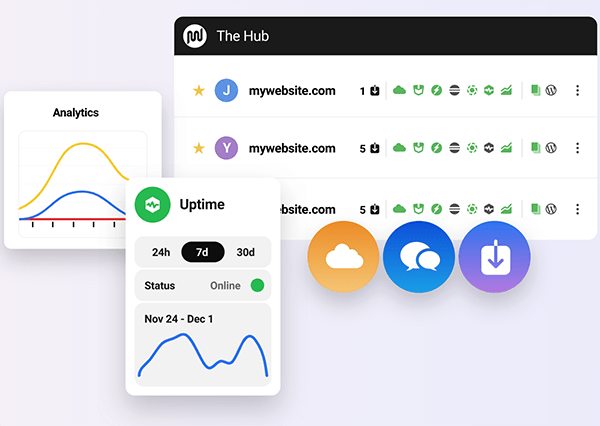
Welcome to The Hub. The Hub is our WordPress management tool and it’s perfect for the organization-minded. You can monitor and update unlimited sites from one dashboard and you can view site statuses instantly. You can also label and organize sites however you want to.
Backup your site! Backup your site! Backup your site! There are many different ways to backup your site, like the new VaultPress service that Automattic (the company that owns WordPress) announced. It can automatically make backups, pause updates of plugins and themes, and manage users. If you have a team, you can also assign them roles and access to sites. Or if you work with clients, it is easy to add and remove users.
Sketch

Sketch is a web design software that is so easy to use. One of the best features is symbols. Symbols work just like they do in Illustrator, but there are even more options. With Sketch, you can create one button and then reuse it anywhere.
GTmetrix
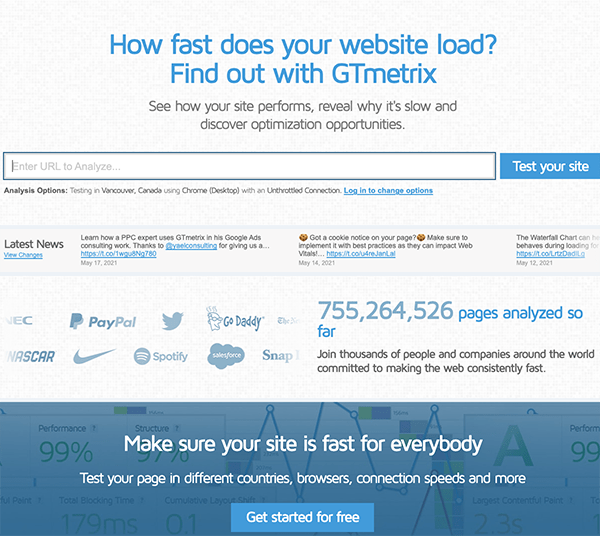
Slow website? GTMetrix is your best friend. When you need to measure site speed, it’s your go-to tool. A free account will do the trick for basic testing, but you’ll want a pro account for more robust testing. Different speeds can occur depending on time of day or who’s logged into the site. Running multiple tests over the course of a few days is your best bet.
GTMetrix is a tool that allows you to schedule tests as frequently as hourly, giving you a much better idea of a site’s performance. You can also get tips on how to make your website faster. One way to reduce loading time is by using a CDN, which is what GTMetrix does for its customers.
GTMetrix provides you with free services, one of which is a monitored slot. Weekly tests and API credits are available for all of its users. The cost ranges from $10 to $40 per month, depending on your needs.
Sprint.ly
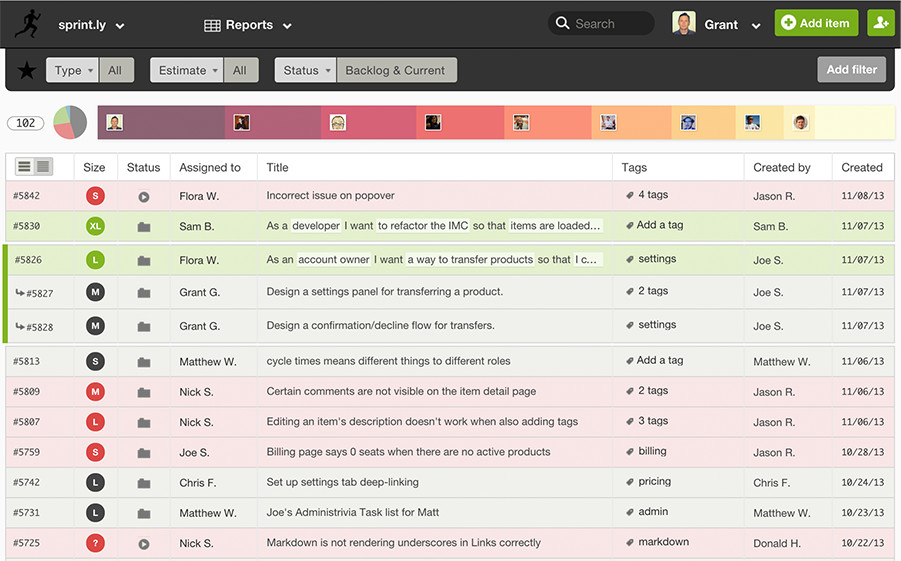
Sprint.ly is a service that allows you to communicate with customers in real-time. It updates in real-time and is lightning quick. It's also surprisingly easy to use and very customizable. Despite the heavy JavaScript implementation, Sprint.ly is worth checking out.
Think of it as a highly specialized web-based customer service solution for your company.
Assign a user to a task, create a custom workflow, and put everything back on the needs fixing area. It's a breeze using this app. It's great for larger projects or working with multiple people.
Some packages range from $19-399 per month ($19-$299 if paid annually).
Advanced Custom Fields
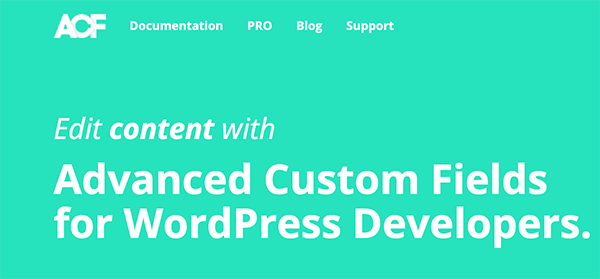
Advanced Custom Fields is the perfect solution when you need to take control of your edit screens. The free version has many capabilities, but the pro version has four features that are worth the price (starting at $49 per year). These features are gallery, repeater, options page, and flexible content.
Based on the price, ACF is developer-friendly. Once you’ve paid you can use it on any project that you want. The code is structured like WordPress and it is clean and well-commented throughout. Developer documentation is available on the webpage.
Usersnap
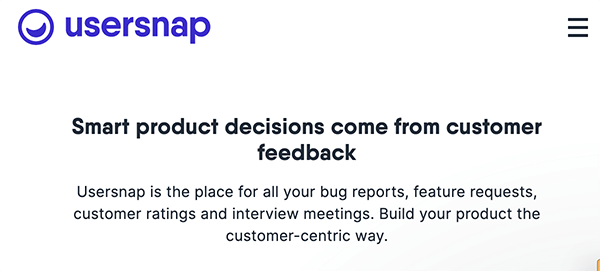
So, you’ve got tons of demanding clients with one small request after another? Usersnap is for you! This widget allows your clients to add their notes to your site, saving them in one central location so you can review. It’s basically a space where your users can leave feedback with absolutely no effort!
Your customers don’t even need to install anything; they can just click and open the Usersnap overlay and add their notes and send it off to you. You get all their feedback and details - like that one pixel change they deemed extremely important - in one place.
The downside of Usersnap is the cost. The base package starts at $19/month, but for larger projects, the price quickly jumps to $79. Still, if you are working with tough-to-please clients, it may be worth the cost.
Github
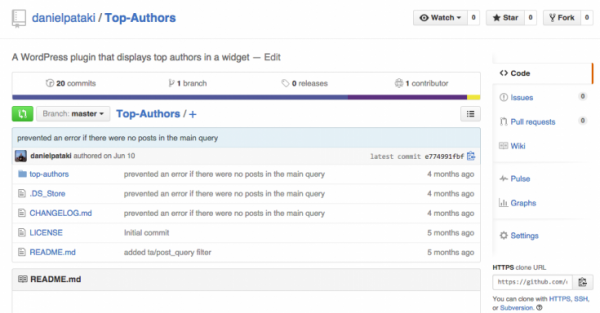
Github is free for all public projects, but some private ones require a paid account. There are three levels of account: personal, student, or pro. Private repositories with limited access can be managed by the user with the help of Github.
You need a business account. You'll be glad you did! There are several plans (and prices) to choose from, but I recommend the Enterprise accounts, which start at $21/month. These plans will be well worth your investment if you manage more than one project.
Spotify

If you're a tech-savvy person, you might be able to live without Spotify. But why would you want to? This app has the ability to let you listen to something on your computer, then pick up where you left off on your phone. It also has plenty of music for travel use. And it's more than just an app - it's become a part of our life.
Spotify Premium is a great deal at $9.99 a month and available for any platform you can think of. The free version is nice and free, but it will be interrupted by commercials and not worth paying for when that happens.
Conclusion
New WordPress resources pop up all the time, and they can be a blessing for developers. This article is a mashup of some of the best resources we found, but there are many more out there.
WordPress blogs offer a lot of useful information to developers. Unfortunately, those blogs don't typically offer much in-depth education to those developers. That's because those blogs need the space to cover other topics such as what plugins work best for your website and how to optimize content for search engines. However, that also means that there's a lot of digging to do to find resources that teach you how to take your skills to the next level.
You might want to review what’s available from time to time so that you don’t miss out on tools. There are tons of WordPress tools, but it can be hard to figure out which ones are the best for your job.

Nadejda Milanova
An experienced Content creator in the field of Search Engine Optimization (SEO) and WordPress. A true proffesional with a Master's degree focused on journalism.
Read more by Nadejda Milanova





